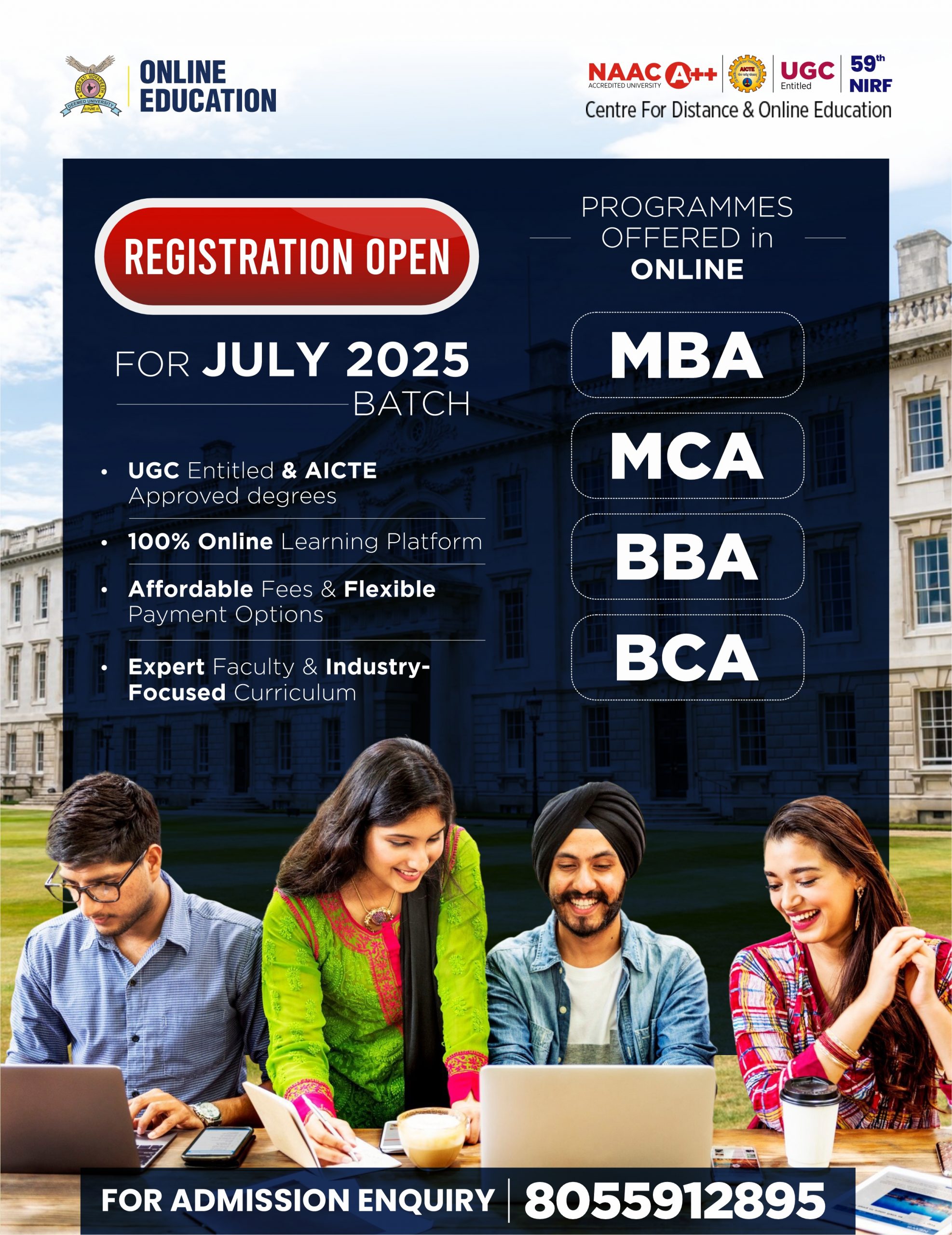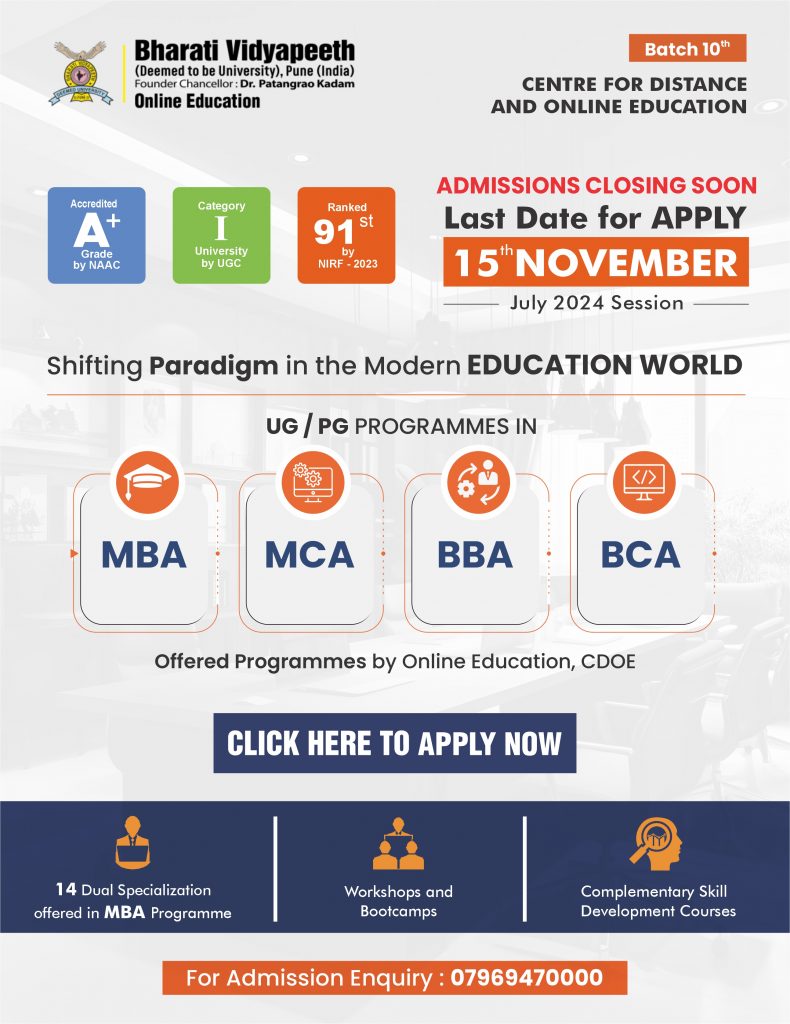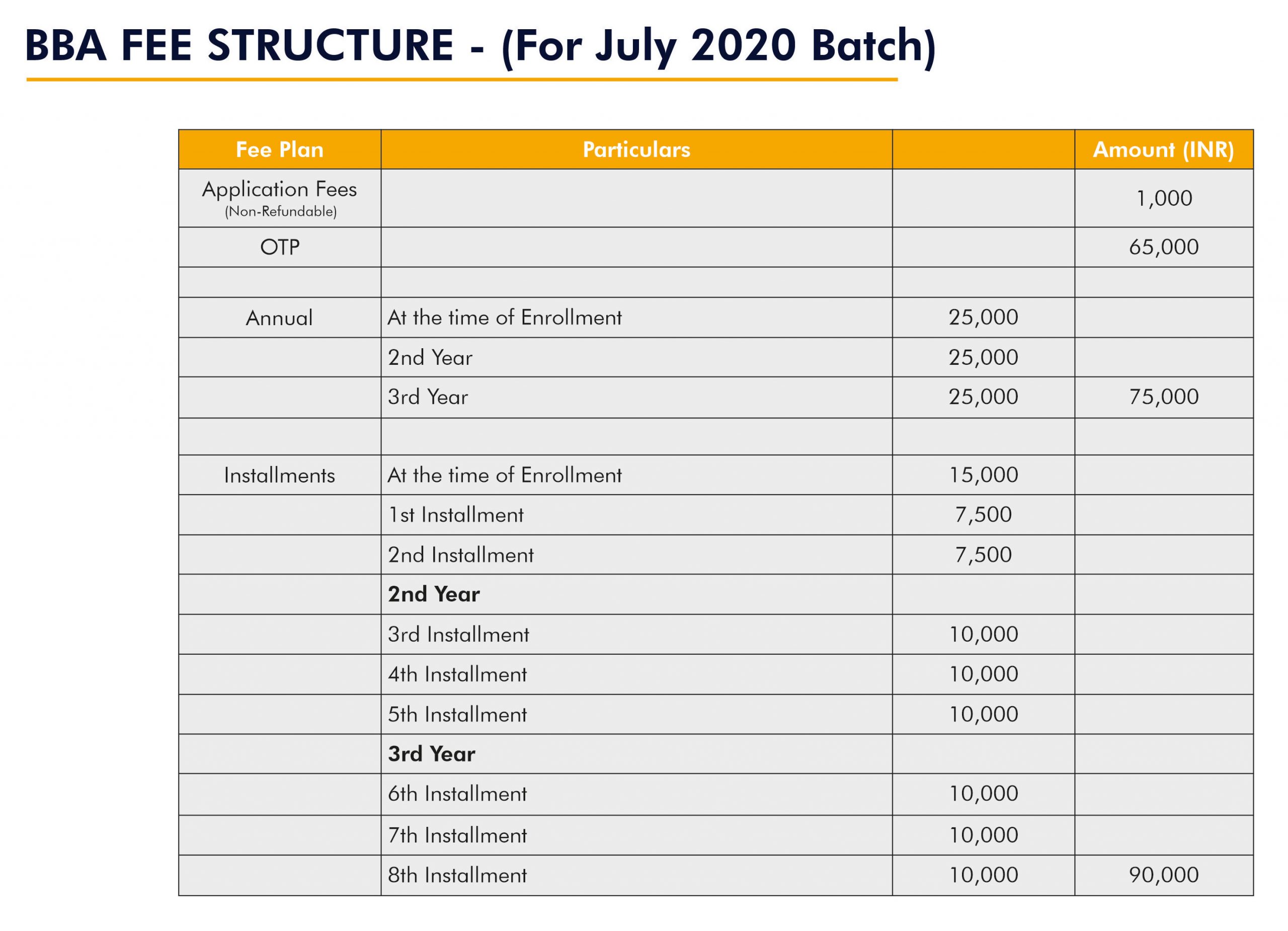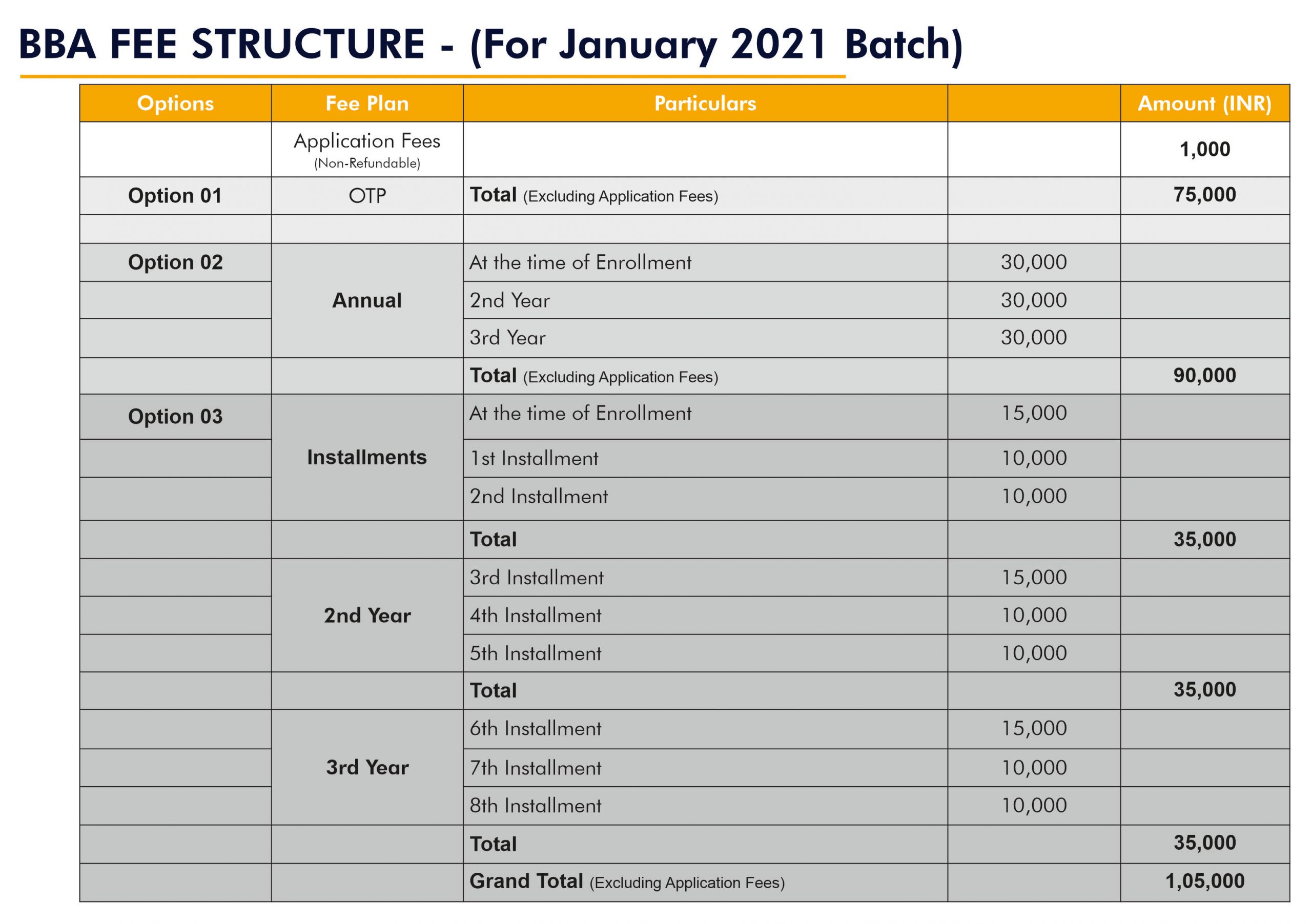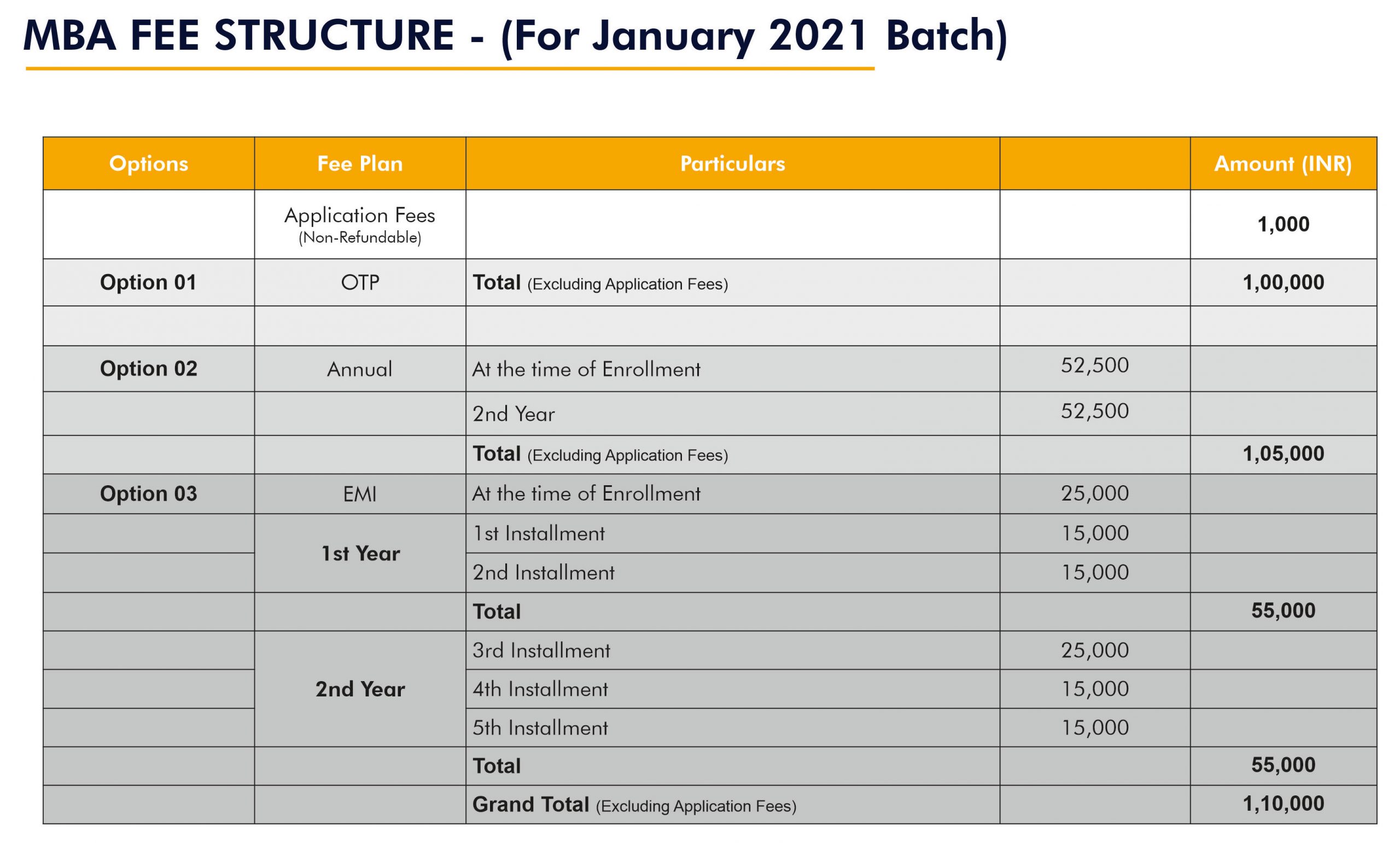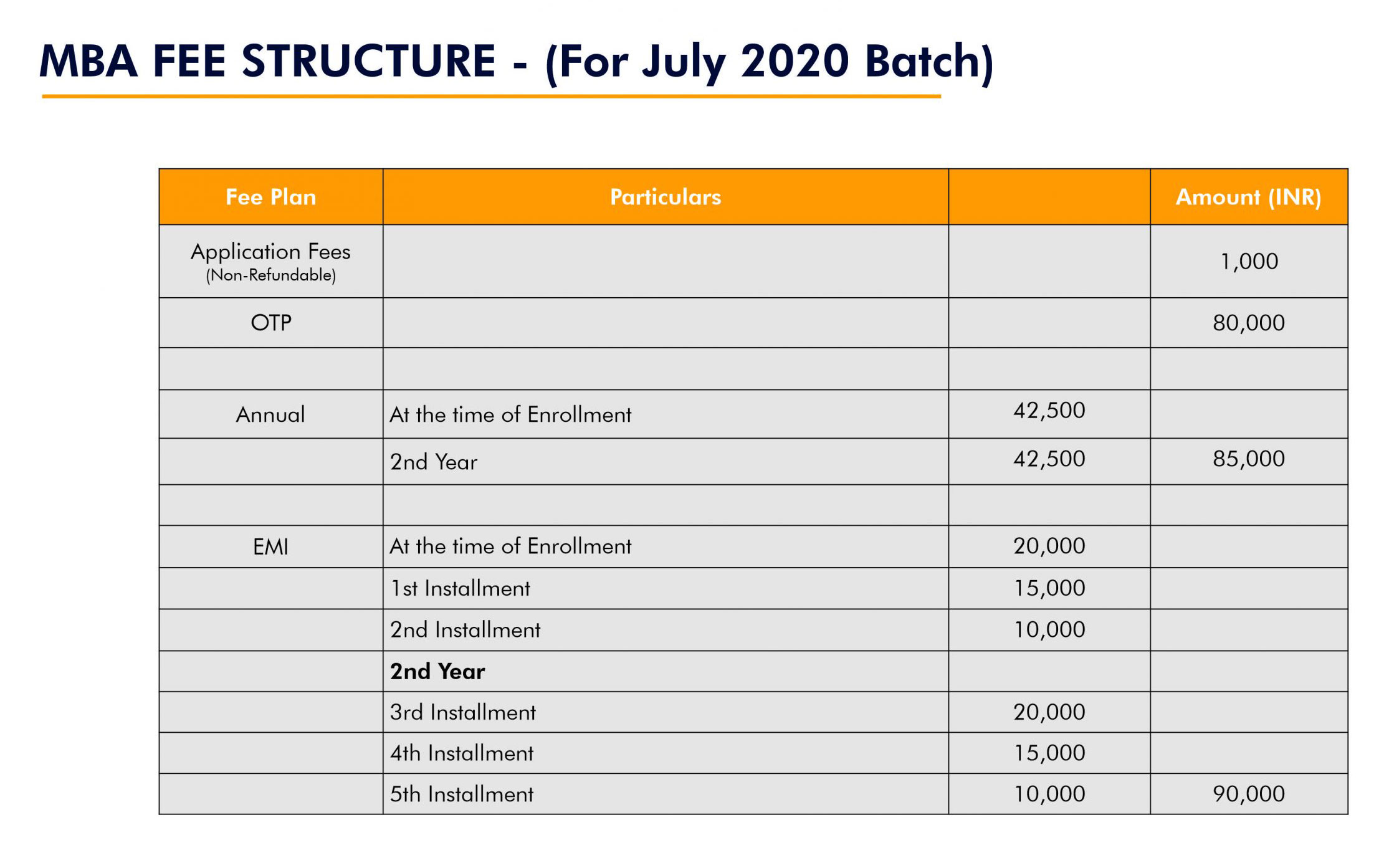The foundation of a country’s progress is its educational system. We are convinced that education, the cornerstone of any country’s development, would surely be essential to this endeavour. India will commemorate its 100 years of independence in 2047. We need to envision an educational system that gives all Indians a sense of independence, fosters inclusive development, and equips them for the opportunities and challenges of the twenty-first century.
To ascertain how each aspect of education plays a role in the creation of a vibrant and empowered India by 2047, a thorough analysis of all of its components should be done.
The essential components to be seen include:
- Vocational Education and Skills Development:
Skilling the Workforce: Viksit Bharat aims to match industrial demands and new technological advancements with vocational training. We must provide a variety of courses in fields including entrepreneurship, green energy, IT, healthcare, and agriculture. Viksit Bharat ought to offer apprenticeship and internship programs so that people can gain real-world experience.
Recognition and Certification: To guarantee the recognition and employability of vocational abilities, Viksit Bharat will set up strong credentialing mechanisms. Vocational education will become a desirable and credible professional route. People will be encouraged to acquire skills and become employable or self-employed in the formal sector as a result of this.
Lifelong Learning: Through online courses, micro-credentials, and vocational upskilling programs, we must promote ongoing skill development. The institutions must assist those looking for alternative careers or adjust to shifting employment markets.
Bridging the Skill Gap: A trained workforce will be necessary for a Viksit Bharat to support its economic expansion. This necessitates a focus on skill development and vocational education programs that are in line with business demands. These courses ought to be easily available, reasonably priced, and include both theoretical and practical instruction.
Entrepreneurship and Innovation: Everyone will agree that a healthy economy depends on encouraging an entrepreneurial spirit. Institutions of higher learning ought to incorporate entrepreneurship teaching, offer student businesses incubation centres, and promote creativity and innovation.
2. Integration of Technology:
Digital Infrastructure: In order to close the digital divide, Viksit Bharat must give everyone access to inexpensive internet, gadgets, and training in digital literacy. Make a significant investment in reliable internet access, especially in rural regions.
Tech-enabled Learning: Technology has the power to completely transform education. Technology will be used in a Viksit Bharat to improve accessibility, customize instruction, and produce engaging educational materials. This might include gamified learning modules, virtual reality simulations, and AI-powered instructors. Technology will be used in a Viksit Bharat to improve engagement, tailor instruction, and make education available outside of traditional classroom settings. For improved comprehension, a Viksit Bharat will use interactive tools, simulations, and virtual reality experiences.
Digital Literacy and Inclusion: For all students to have equitable access to technology-enhanced education, the digital divide must be closed. Prioritizing digital literacy initiatives, offering reasonably priced internet connection, and creating universally accessible learning environments are all part of a Viksit Bharat.
Responsible Use of Technology: Embracing technology means making sure that it is used responsibly. A Viksit Bharat will place a strong emphasis on moral issues in technology education, encouraging appropriate internet conduct and analytical abilities.
Teacher Training and Support: Teachers in a Viksit Bharat will be equipped with instructional approaches and digital literacy abilities to make successful utilization of technology in the classroom. Among educators, we must promote a culture of lifelong growth and innovation.
In addition to receiving formal or vocational education, we also need to acquire additional abilities in order to successfully achieve the objectives of Vikasit Bharat.
Future Skill requirement in students are:
- Communication
In the current business, effective communication is an essential talent for the future. It involves the capacity for effortless exchange of concepts and information. the capacity to communicate ideas concisely and successfully. Strong communication is necessary in the rapid, global world of today.
2.Emotional Intelligence
In modern-day business, emotional intelligence is turning into a more and more important future skill. Success in interpersonal interactions and the job is increasingly attributed to emotional intelligence. Emotional intelligence comes up big in a lot of polls. EQ is the awareness, control, and manifestation of one’s own.
3.Problem solving
Strong problem-solving skills can assist students handle ambiguous circumstances and academic difficulties. Furthermore, in the future, sophisticated issues won’t be easily resolved only because we have technology and algorithms. More than ever in the era of artificial intelligence in the workplace, managers and staff will need to rise to new challenges and find innovative solutions.
4.Creativity
Every student need to be creative because it helps them acquire the ability to think and act differently. Students that are imaginative can perform better. Particularly in industries like technology, marketing, and design, creativity is highly prized. Brainstorming is a practice that is necessary for developing creativity. Innovation, Ideation, and Creativity are crucial abilities for creating futuristic procedures, solutions, and products.
5.Collaboration
Working on a team to achieve a common objective. It involves organizational skills, communication skills, adaptability, and openness. The nature of collaboration and teamwork is changing as teams evolve to include hybrid workers, fully remote workers, contractors, and other.
6.Active Learning and Learning attitude
Individuals who pursue lifelong learning will discover that education is a constant source of capital gains. It’s critical to constantly enhance oneself in this day of fast changing social and business environments.
9.Curiosity
For learners to accept and learn from new ideas, opportunities, and experiences, curiosity is a crucial soft talent. It speaks to an individual’s growth-mindset, curiosity, and active learning. The continuous improvement attitude is one of the most crucial abilities right now.
8.Decision making
aptitude for judgment and decision-making. In complex situations, impartial judgment and the ability to make quick, comprehensive decisions are becoming more crucial. The aptitude of judgement and decision making should be essential part of every learning process.
9.Interpersonal skills
These skills are crucial in various aspects of life, including personal relationships, work environments, and social settings. Here are some of the interpersonal skills are Communication, Empathy, Conflict Resolution, Negotiation, active listing, assertiveness, Teamwork, Adaptability, Respect and Leadership.
10.Time management
Time management is the practice of planning and controlling the time spent on specific activities to enhance productivity and efficiency. Effective time management allows individuals to prioritize tasks, allocate resources appropriately, and make the most of their available time. Some key aspects of time management are Goal Setting, Prioritization, Planning, Time Tracking, Setting Boundaries, Delegation and managing interruptions.
11.Logical reasoning
To make well-informed decisions, solve issues efficiently, and critically assess material in a variety of settings—academic, professional, and dailylife is imperative to cultivate good logical reasoning abilities. Logical reasoning can be enhanced by exposure to a range of logical arguments, practice, and critical thinking tasks.
12.Digital Literacy
Overall, digital literacy is a foundational skill set that enhances career development by enabling individuals to leverage digital technologies, access information and resources, communicate effectively, analyse data, adapt to change, and pursue opportunities for growth and advancement in their chosen fields.
13.Leadership
Leadership qualities are crucial for career success as they enable individuals to inspire, motivate, and guide others towards achieving common goals and objectives. By embodying leadership qualities, individuals can enhance their effectiveness as leaders and drive career success by fostering high-performing teams, achieving organizational goals, and making a positive impact on their workplaces and communities.
14.Analytics
The analytical abilities are foundational for success in a wide range of careers, empowering individuals to solve problems, make informed decisions, drive innovation, and achieve their professional goals. By developing and honing their analytical skills, individuals can enhance their effectiveness, advance their careers, and make significant contributions to their organizations and industries.
15.Leading by influence
Leading by influence is a proactive and calculated strategy to career development that enables people to succeed in their chosen industries, forge lasting relationships, and have a meaningful impact. People can position themselves as effective leaders, change agents, and catalysts for positive change by honing their leadership abilities and using their influence. This will advance their careers and have a long-lasting effect on their communities and organizations
16.Cognition
Cognition refers to the mental processes involved in acquiring, processing, understanding, remembering, and using information. It encompasses a wide range of mental activities, including perception, attention, memory, language, reasoning, problem-solving, and decision-making.
Conclusion: The carrier development now a days is much more than the just passing a degree or taking practical experience but needs to adapt lot of essential qualities and dynamic changes in the world. The Viksit Bharat: Vision 2047 will be achieved only when every stake holder will align themselves in line with Vision 2047.
Dr. Devendra Puntambekar,
Director (Skill Development & E-Learning)



